Will the United States Dump Gold for Bitcoin? A Geoeconomic Shift in Real Time
Bitcoin Magazine Will the United States Dump Gold for Bitcoin? A Geoeconomic Shift in Real Time The Dawn of a New Reserve Era? From Gold, to Treasuries to Bitcoin The United States has long relied on the dollar and U.S. Treasuries as the twin pillars of its economic, fiscal and monetary strategies. But what happens when these instruments lose their luster? According to the Bitcoin Policy Institute’s Head of Policy, Zack […] This post Will the United States Dump Gold for Bitcoin? A Geoeconomic Shift in Real Time first appeared on Bitcoin Magazine and is written by Spencer Nichols.
Bitcoin Magazine
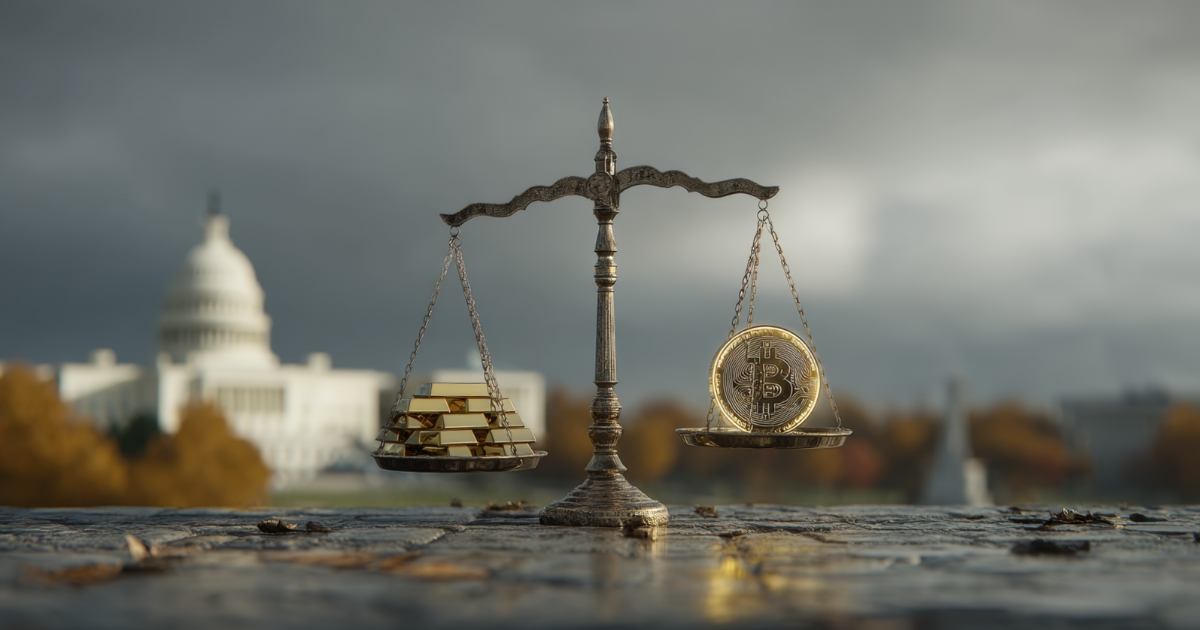
Will the United States Dump Gold for Bitcoin? A Geoeconomic Shift in Real Time
The Dawn of a New Reserve Era? From Gold, to Treasuries to Bitcoin
The United States has long relied on the dollar and U.S. Treasuries as the twin pillars of its economic, fiscal and monetary strategies. But what happens when these instruments lose their luster?
According to the Bitcoin Policy Institute’s Head of Policy, Zack Shapiro, the current financial system is entering a historic inflection point. In a recent interview for the Bitcoin Policy Hour, he noted “If the United States announces that we are buying a million Bitcoin, that’s just a global seismic shock,” going on to say: “We probably go very quickly to something like a million dollars per Bitcoin.”
And while the changing monetary order, a potential movement from Treasuries as the reserve asset towards Bitcoin, is largely evident for those with eyes to see, the paths that can be taken on that journey are myriad and gold’s role is the largest question mark facing the market.
Recent discussions around revaluing U.S. gold holdings — still officially priced at $42.22 per ounce — could unleash nearly $1 trillion in new purchasing power should the U.S. decide to draw upon it. What would the U.S. do with that windfall? If BPI’s policy thinkers are right, it might be deployed to acquire a strategic Bitcoin reserve in a budget neutral manner in alignment with the remit of the Strategic Bitcoin Reserve Executive Order.
Gold Is Ancient. Bitcoin Is Strategic.
Matthew Pines, Executive Director of BPI, frames the choice in stark geoeconomic terms. “In terms of strategic leverage, there’s an asymmetric advantage for the United States to having Bitcoin monetize relative to gold,” he noted. Pines went to note that the U.S. and its population owns ~35% of all Bitcoin in circulation — a ratio that gives Washington serious incentive to prefer digital over metallic money.
Gold, despite its historical credibility, is “centralizable, expensive to transport, and incompatible with a 21st-century economy,” said Pines. While central banks continue stacking it as a hedge against the weaponization of Treasuries, its utility as a modern reserve asset remains constrained.
Bitcoin, by contrast, is fast, global, and increasingly liquid — a networked form of monetary energy that sidesteps the geopolitical chokepoints that define traditional finance.
The Post-Dollar World Has Already Begun
The dollar remains dominant — but fragile. Shapiro cited Triffin’s Dilemma, noting how the U.S. must increasingly choose between domestic economic goals and the international demands of reserve currency issuance. Sanctions like those imposed on Russia’s dollar reserves in 2022 shook global confidence in the neutrality of U.S. assets. Since then, foreign central banks have responded by moving rapidly into gold — and in some cases, Bitcoin.
“The Treasury is becoming less of a neutral reserve asset,” Shapiro said, referencing escalating disorder in the bond markets and the U.S.’s perceived politicization of financial power.
Yet both he and Pines stress that America still has tools — and Bitcoin may be the most potent among them. By shifting reserves into Bitcoin, the U.S. could reduce reliance on debt issuance, secure asymmetric leverage in a digitized world, and act from a position of strength in competition with its geopolitical rivals such as China and Russia.
The Strategic Bitcoin Reserve: A National Imperative?
Under the executive order now guiding Trump administration’s Bitcoin strategy, departments like Treasury and Commerce are already exploring “budget-neutral” paths to Bitcoin acquisition. This includes:
- Revaluing gold holdings (statutorily fixed since 1973)
- Selling surplus federal assets (land, gold, spectrum rights)
- Using tariff revenues or royalties
Pines emphasizes the urgency of institutional execution: “Words matter — especially when they come from the White House,” he noted. “An executive order stating Bitcoin is strategic is itself a global signal.”
However, he also highlighted bureaucratic inertia as a real challenge: “There’s a massive difference between the speed at which the White House wants to move and the ability of the federal bureaucracy to follow.”
From Theory to Detonation: Global Fallout of a U.S. Bitcoin Pivot
If America were to follow through on a large-scale acquisition of Bitcoin, the effects would be both immediate and far-reaching.
“Other nation-states will see that they can’t be left behind,” said Shapiro. “It would change central bank reserve strategies around the world.”
Global rebalancing would follow. Countries heavily invested in gold or Treasuries would reassess. Hard assets like gold may see diminished demand, while Bitcoin would surge in legitimacy and price. Domestically, such a move would generate massive balance sheet gains for the federal government and re-anchor U.S. dominance in the next monetary era.
Is Bitcoin America’s Next Superpower Lever?
Both Shapiro and Pines agree: whatever your view of Triffin’s Dilemma or monetary policy history, Bitcoin is now too strategic to ignore.
“Bitcoin is indispensable,” said Shapiro. “Wherever we’re going next, it’s going to help us get there.”
Whether the United States will truly “dump gold” is yet to be determined. But, to quote the late Charlie Munger: “Show me the incentives and I’ll show you the outcome.” The incentives, given U.S.-China competition and America’s relative dominance with regards to its domestic Bitcoin holdings, suggests an about face on gold could very well be in the cards.
Investors and policymakers have no-doubt begun running a similar calculus. As Bitcoiners like to say, it’s time to embrace the game theory.
This post Will the United States Dump Gold for Bitcoin? A Geoeconomic Shift in Real Time first appeared on Bitcoin Magazine and is written by Spencer Nichols.











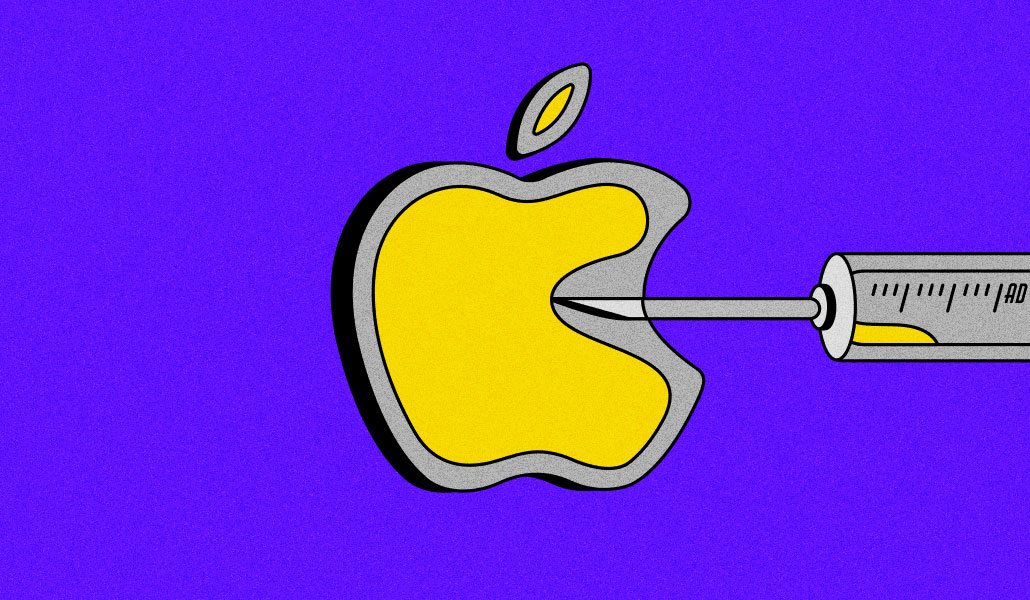


![31 Top Social Media Platforms in 2025 [+ Marketing Tips]](https://static.semrush.com/blog/uploads/media/0b/40/0b40fe7015c46ea017490203e239364a/most-popular-social-media-platforms.svg)
















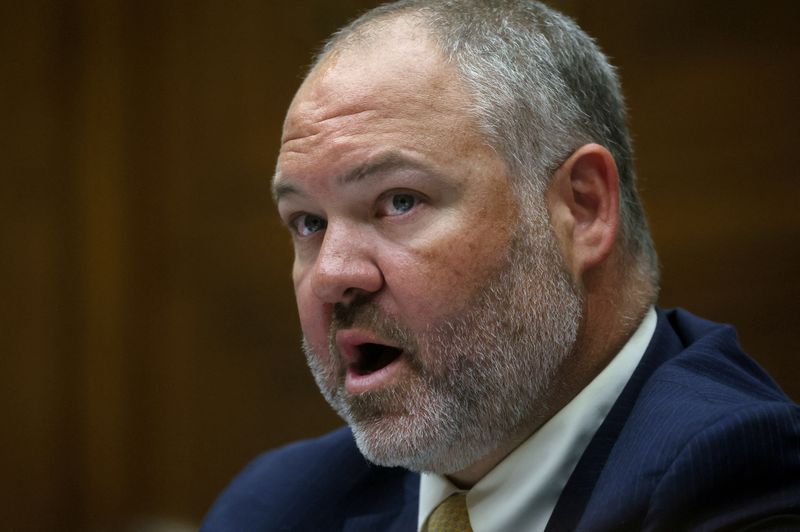
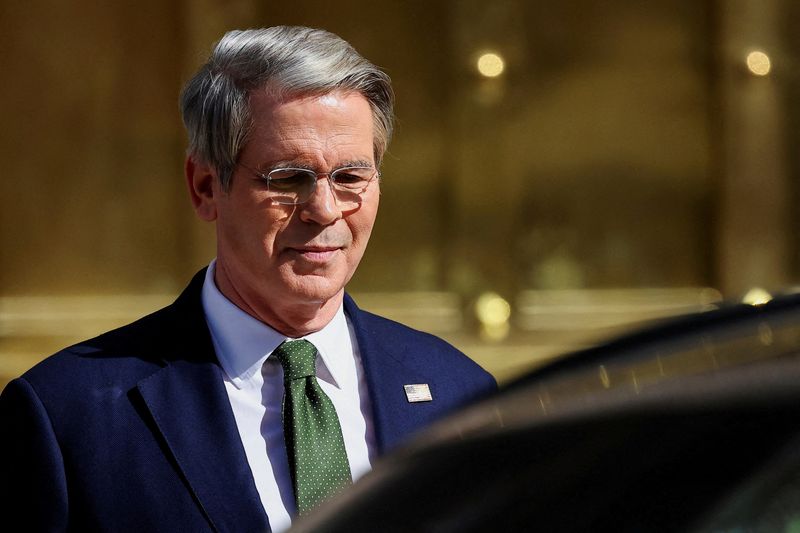








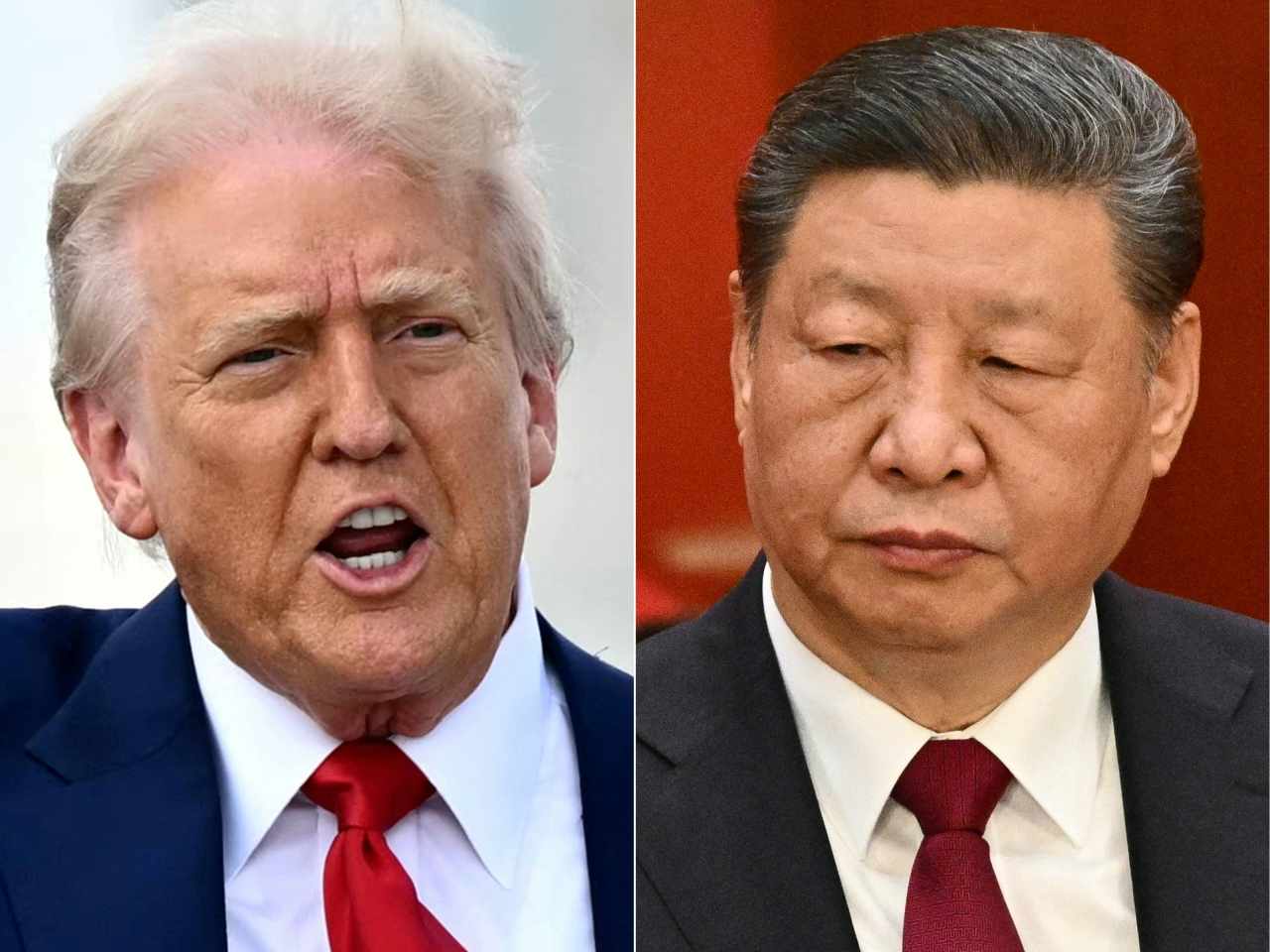


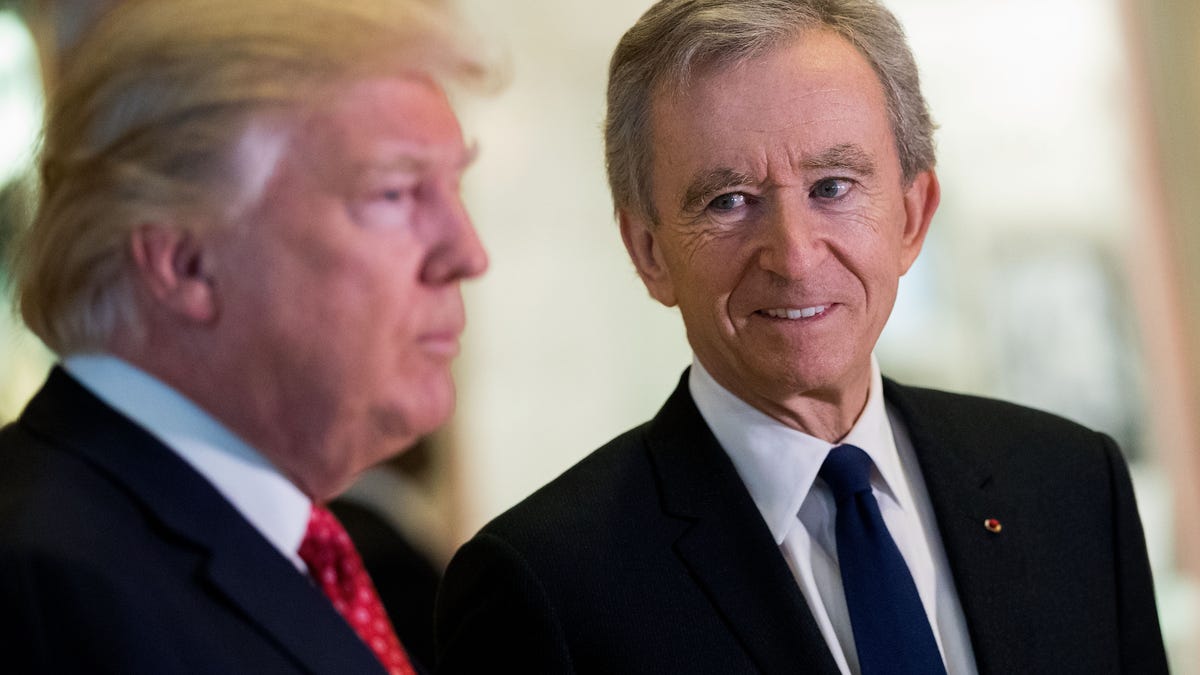




































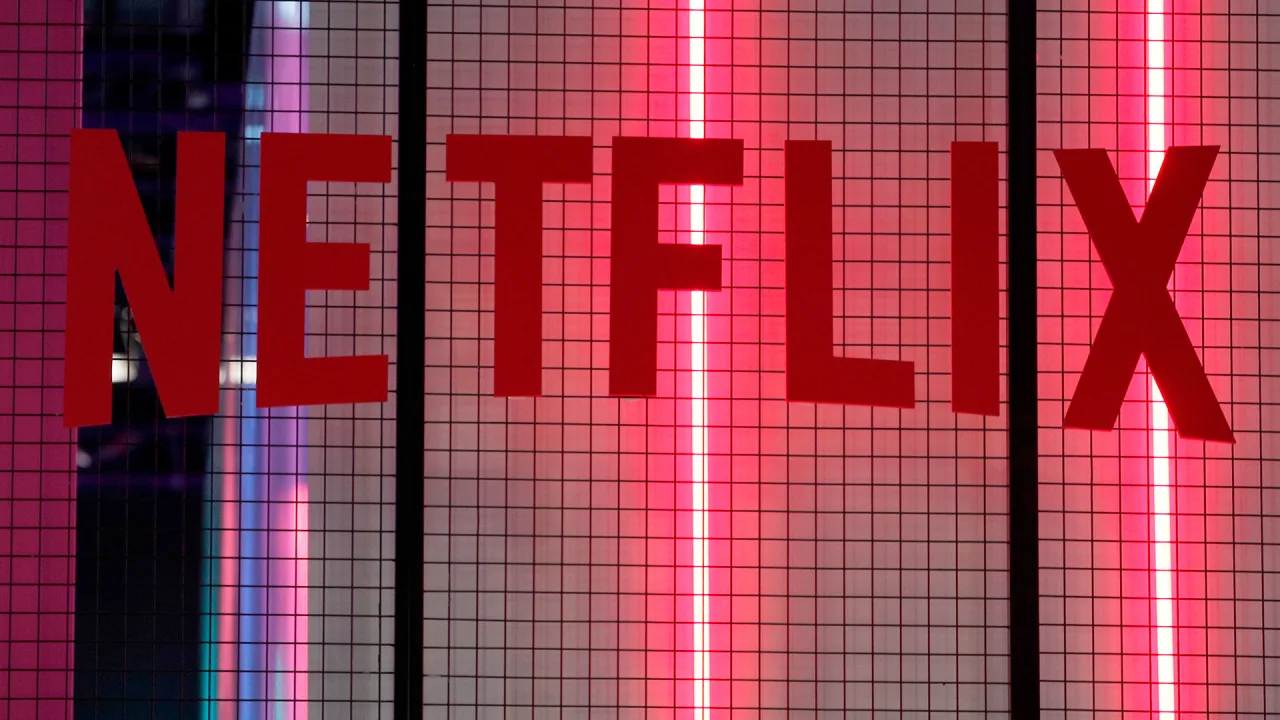
























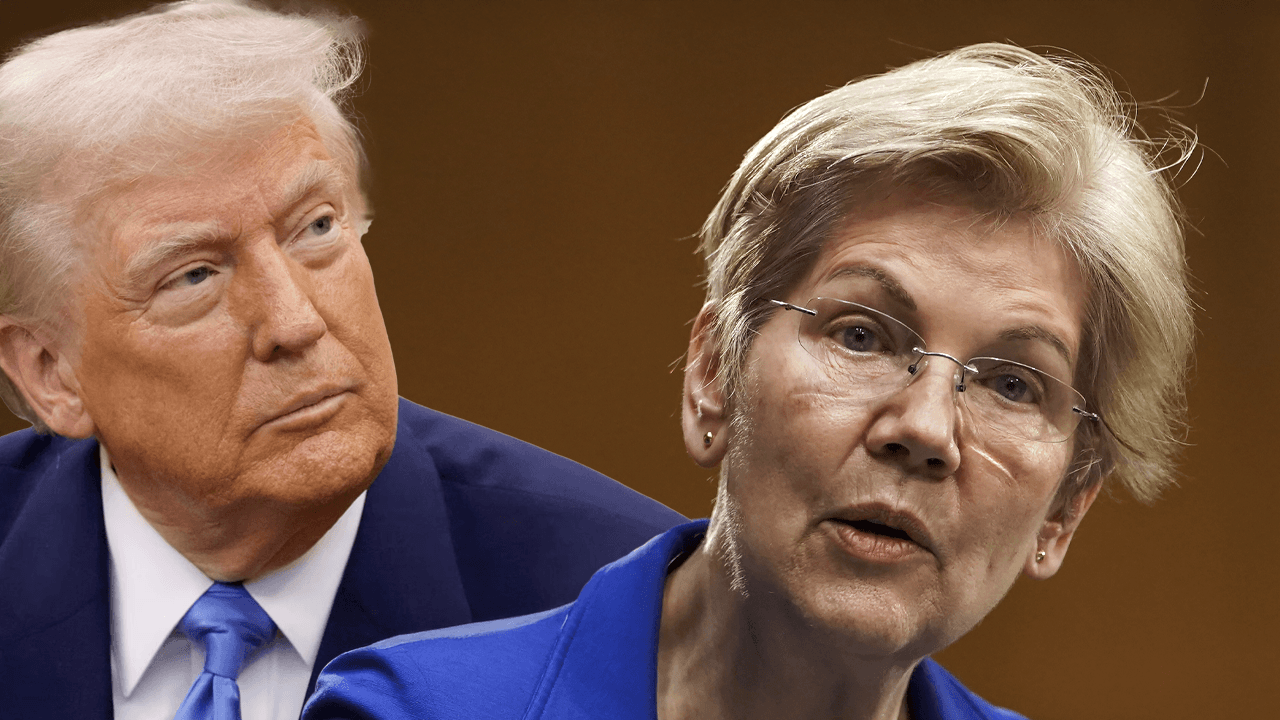


































![[Webinar] AI Is Already Inside Your SaaS Stack — Learn How to Prevent the Next Silent Breach](https://blogger.googleusercontent.com/img/b/R29vZ2xl/AVvXsEiOWn65wd33dg2uO99NrtKbpYLfcepwOLidQDMls0HXKlA91k6HURluRA4WXgJRAZldEe1VReMQZyyYt1PgnoAn5JPpILsWlXIzmrBSs_TBoyPwO7hZrWouBg2-O3mdeoeSGY-l9_bsZB7vbpKjTSvG93zNytjxgTaMPqo9iq9Z5pGa05CJOs9uXpwHFT4/s1600/ai-cyber.jpg?#)





































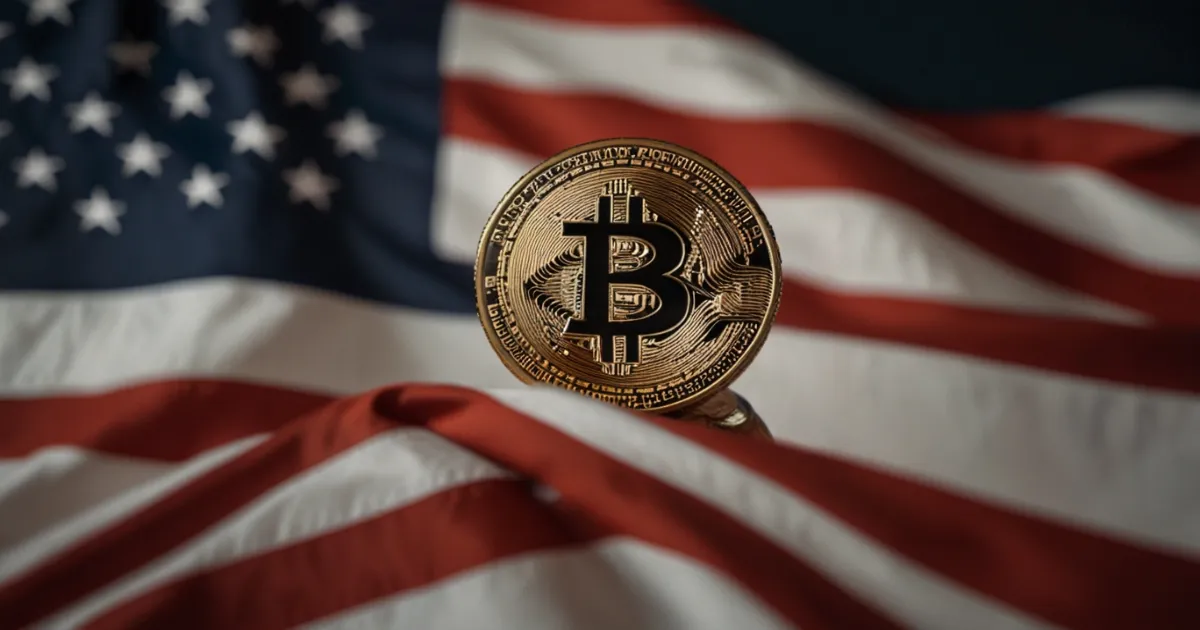


![How to Find Low-Competition Keywords with Semrush [Super Easy]](https://static.semrush.com/blog/uploads/media/73/62/7362f16fb9e460b6d58ccc09b4a048b6/how-to-find-low-competition-keywords-sm.png)



